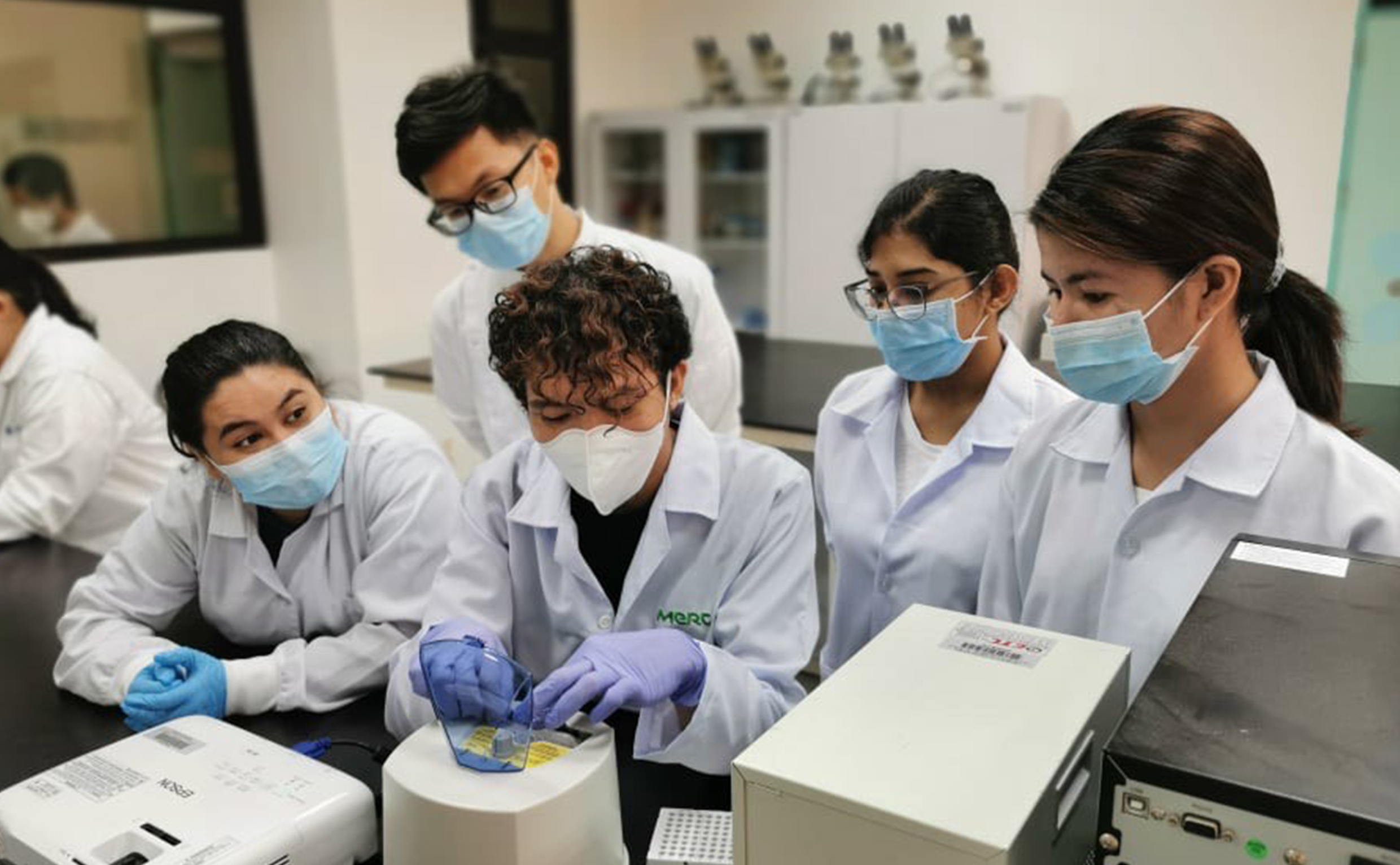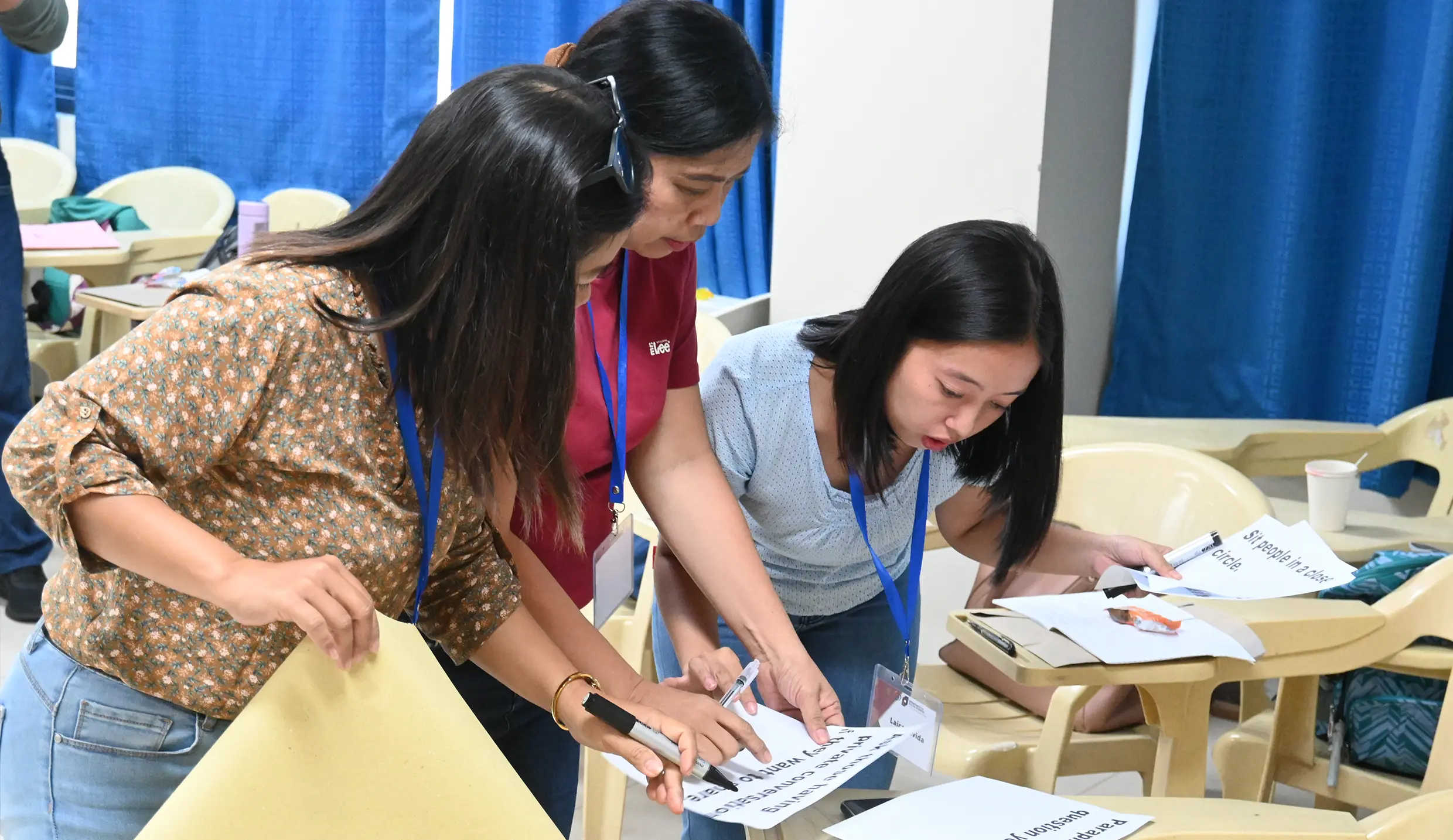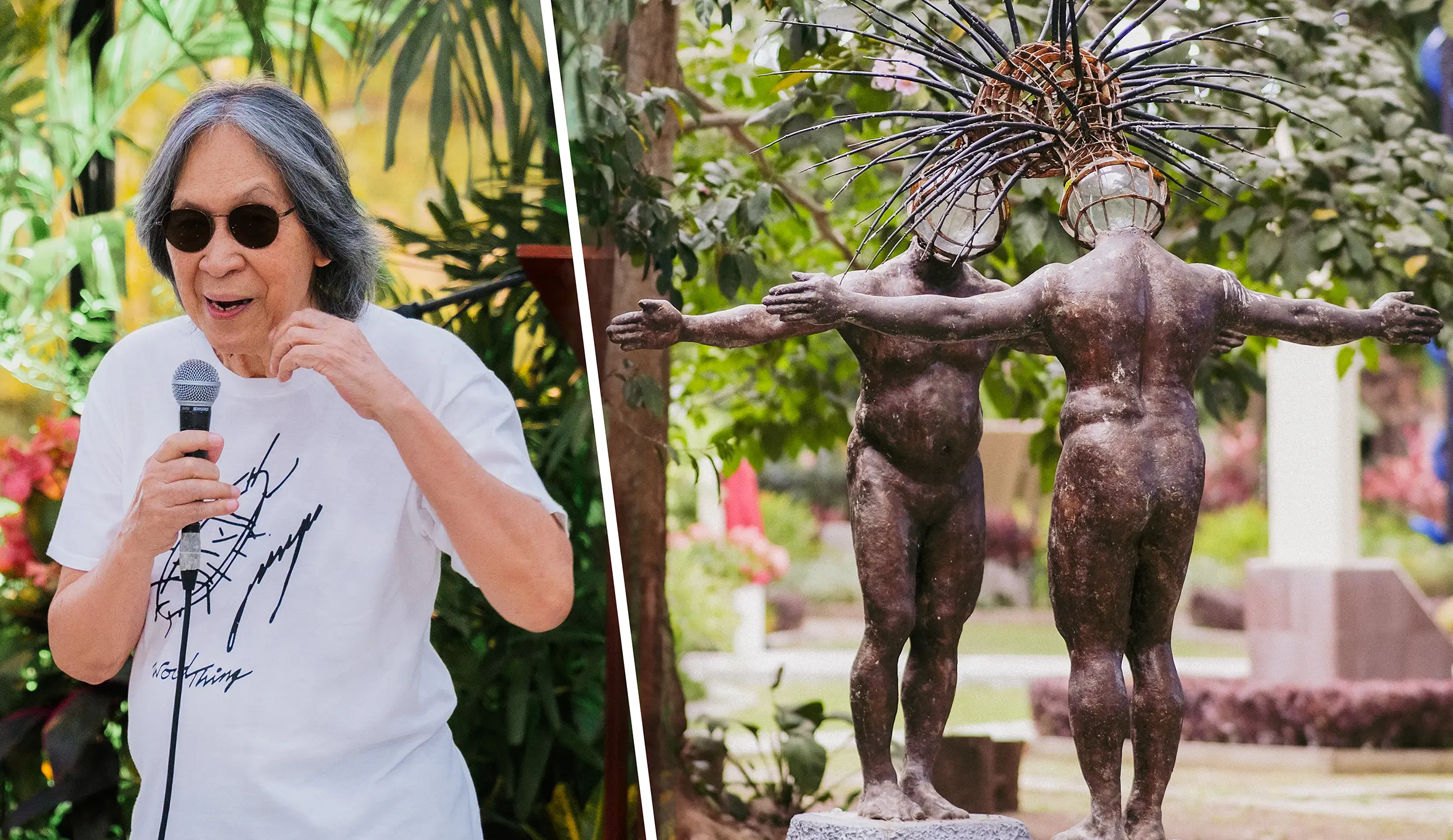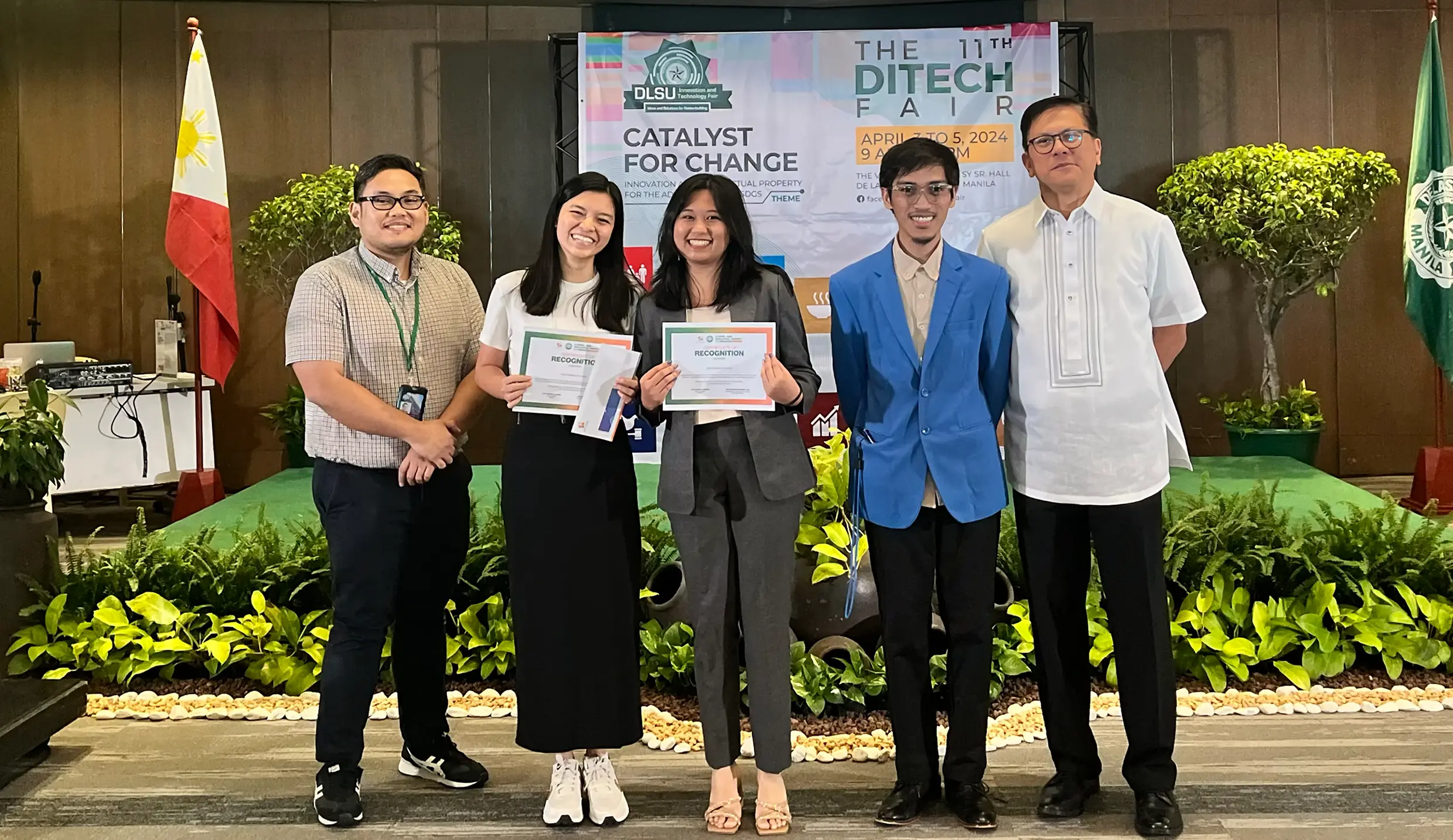
In order to prepare for the operation of the UPLB SARS-CoV2/COVID-19 Testing Center, UPLB personnel took the SARS-CoV2 Testing Training Program at the UP Manila -National Institute of Health (NIH) and the National Institute of Molecular Biology and Biotechnology (NIMBB) in UP Diliman on April 28 and 29.
Six of them are UPLB’s recently hired registered medical technologists and the other two are volunteers from the UPLB Institute of Plant Breeding.
According to NIMBB and NIH, the program aims to train and prepare personnel in running the SARS-COV2 Real-Time Reverse Transcription Polymerase Chain Reaction (rRT-PCR) diagnostic test. The rRT-PCR is considered the most accurate, thus the “gold standard” for laboratory diagnosis.
Prior to taking the training course, the participants completed the Online NIH Biosafety Course of the National Training Center for Biosafety and Biosecurity and also had their N95 respirator fitting at RITM on April 27.
Reina Caro, one of the volunteers, said that the 2-day training program included discussions from pre-handling samples to generation, validation, and interpretation of results, to waste management. They also had hands-on training in inactivating samples upon reception, RNA extraction, and conducting the rRT-PCR test.
Before joining the testing team, Caro had been working at the Genetics Laboratory of the Institute of Plant Breeding as a molecular biologist for four years. She and another volunteer from the same unit are graduates in BS Agricultural Biotechnology from UPLB.
Caro said that while they were already familiar with molecular diagnostic techniques, they had to adjust to operating in a hospital setting. “Before, we were just handling plant samples so it’s very safe, but this time we’re handling infectious materials so we need to be strict in following biosafety protocols.”
On the other hand, Marlon Pamplona, one of the hired medical technologists, said that having worked in a clinical laboratory, they are used to handling clinical specimens. However, they had to adjust to using molecular diagnostics and PCR, saying that it’s not yet widely used in diagnostic laboratories in the country.
Pamplona previously worked as a quality manager in a private hospital and has seven years of field experience in clinical chemistry and parasitology.
In the past weeks, the Office of the Vice Chancellor for Research and Extension (OVCRE) called for volunteers and processed job applications after checking the regulation, regulatory accreditation, and manpower requirements of setting up a COVID-19 testing laboratory in UPLB. In a span of two days they received over 200 applications.
Dr. Rex Demafelis, Chairman of the UPLB Taskforce Laban ng Bayan Kontra sa Covid 19 and Vice Chancellor for Research and Extension said UPLB is fast tracking the opening of laboratory operations by accomplishing its requirements simultaneously and is targeting mid-May to begin full operations.
UPLB Chancellor Fernando C. Sanchez had been, with Dr. Demafelis taking the lead, overseeing the completion of the COVID-19 testing center at UPLB, equipping it, and hiring and training the personnel to man it in order to help ease up bottlenecks in COVID-19 testing in CALABARZON. (Jessa Jael S. Arana)








